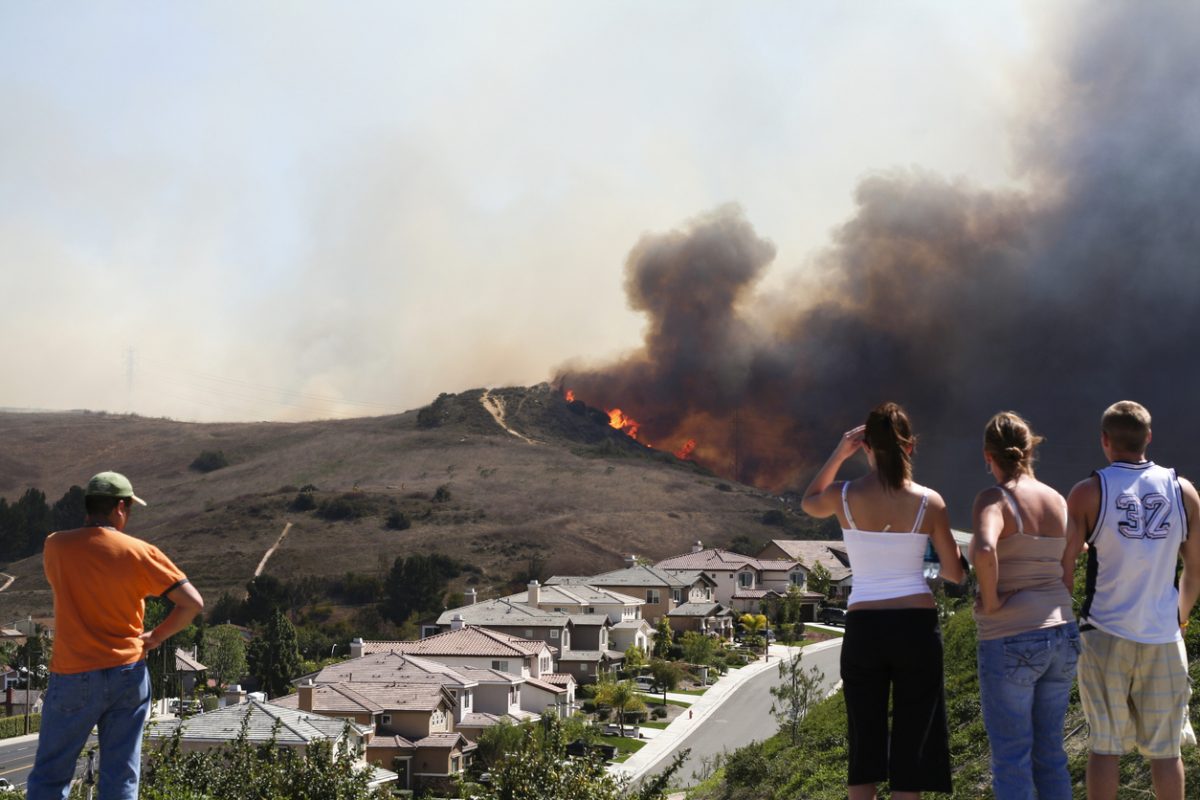
Mental Health Impact of COVID-19
The bubonic plague of the 1300s and the Spanish flu during the 1900s had an enormous historical impact and prolonged consequences. The coronavirus disease 2019 (COVID-19) pandemic created a global socioeconomic and health crisis with widespread morbidity and mortality.1 With no cure or vaccine, the Centers for Disease Control and Prevention and the World Health Organization (WHO) recommend social distancing, protective masks, virus and antibody testing, contact tracing, and quarantining to mitigate the impact of COVID-19.2
The COVID-19 pandemic has heightened the prevalence of mental illness, including rates of depression, anxiety, substance abuse, and suicide.3,4 Mood and anxiety disorders have escalated 3-fold in 2020, especially in people aged 18-29 years, compared to 2019.3 In addition to stress associated with the illness, stay-at-home orders and quarantining increased psychological turmoil through social isolation, job losses, school cancellations, financial crises, and difficulties accessing medical care.5
Vulnerable Populations
Most children and adolescents live in at least partial lockdown, with prolonged closure of schools and isolation impacting their cognitive, educational, emotional, and social well-being. Elderly people are a special risk population, especially those with prior comorbidities. About 80% of COVID-19-related deaths in the United States are among persons ≥ 65 years.6 Social disconnection among the elderly is detrimental and increases their rate of anxiety and depression.7Health care workers are vulnerable to mental health issues due to fear of illness exposure, lack of social support, stigma, discrimination, and inadequate training or protective gear.8 Other vulnerable groups include migrants, refugees, women, children exposed to abuse, and anyone with preexisting mental or physical vulnerabilities.
Interventions
The United Nations Inter-Agency Standing Committee and WHO provided guidelines for psychological first aid to support distressed people and suggested appropriate management for patients with emotional disorders.9 The American Medical Association offers similar recommendations to counter mental health concerns.10 It is also important to address the personal issues of health care workers. Partnering new personnel with experienced colleagues will assist in efforts to monitor stress, teach safety practices, and create a safe space for open communication.10
Beyond group-specific interventions, distress helplines exist, and a Mental Health Gap Action Program provides guidance on addressing mental, neurologic, and substance use conditions.11 A Coronavirus Aid, Relief, and Economic Security Act (CARES Act), granting $425 million to the Substance Abuse and Mental Health Services Administration’s remediation efforts, was passed by the US Congress.12The CARES Act responds to the pandemic and assists health care professionals and communities to promote recovery.
Received: August 4, 2020.
Published online: December 10, 2020.
Potential conflicts of interest: None.
Funding/support: None.
REFERENCES
1. WHO Coronavirus Disease (COVID-19) Dashboard. World Health organization website. https://covid19.who.int/. Accessed July 23, 2020.
2.Coronavirus Disease 2019 (COVID- 19): Identify Strategies to Reduce Spread of COVID-19. Centers for Disease Control and Prevention website. https://www.cdc.gov/coronavirus/2019-ncov/php/contact-tracing/strategies-to-reduce-spread.html. May 15, 2020. Accessed July 23, 2020.
3.COVID-19 Data from NCHS—Mental Health: Household Pulse Survey. Centers for Disease Control and Prevention website. https://www.cdc.gov/nchs/covid19/pulse/mental-health.htm. Accessed July 23, 2020.
4.Reger MA, Stanley IH, Joiner TE. Suicide mortality and coronavirus disease 2019—a perfect storm [published online ahead of print April 10, 2020]? JAMA Psychiatry. PubMed CrossRef
5.Pfefferbaum B, North CS. Mental health and the COVID-19 pandemic. N Engl J Med. 2020;383(6):510-512. PubMed CrossRef
6.Coronavirus Disease 2019 (COVID-19) Cases in the US. Centers for Disease Control and Prevention website. https://www.cdc.gov/coronavirus/2019-ncov/cases-updates/cases-in-us.html. Accessed July 23, 2020.
7.Banerjee D. ‘ Age and ageism in COVID-19’ : elderly mental health-care vulnerabilities and needs. Asian J Psychiatr. 2020;51:102154. PubMed CrossRef
8.Spoorthy MS, Pratapa SK, Mahant S. Mental health problems faced by healthcare workers due to the COVID-19 pandemic—a review. Asian J Psychiatr. 2020;51:102119. PubMed CrossRef
9.Mental health and COVID-19. World Health Organization website. https://www.euro.who.int/en/health-topics/health-emergencies/coronavirus-covid-19/technical-guidance/mental-health-and-covid-19. Accessed July 23, 2020.
10.Managing mental health during COVID-19. American Medical Association website. https://www.ama-assn.org/delivering-care/public-health/managing-mental-health-during-covid-19. March 26, 2020. Accessed July 23, 2020.
11.WHO Mental Health Gap Action Programme (mhGAP). World Health Organization website. https://www.who.int/mental_health/mhgap/en/. Accessed July 23, 2020.
12.APA Praises Mental Health Provisions in the COVID-19 Stimulus Aid Package. American Psychiatric Association website. https://www.psychiatry.org/newsroom/news-releases/apa-praises-mental-health-provisions-in-covid-19-stimulus-aid-package. March 27, 2020. Accessed July 23, 2020.
aDepartment of Psychiatry, Sree Balaji Medical College and Hospital, Chennai, India
bDepartment of Psychiatry, Medical College of Georgia, Augusta, Georgia
cDepartment of Psychiatry, Griffin Memorial Hospital, Norman, Oklahoma
dDepartment of Psychiatry, University of Louisville School of Medicine, Louisville, Kentucky
*Corresponding author: Steven Lippmann, MD, 401 East Chestnut St, Ste 610, Louisville, KY 40202 ([email protected]).
Prim Care Companion CNS Disord 2020;22(6):20com02776
To cite: Mathialagan K, Patel HB, Mekala HM, et al. Mental health impact of COVID-19. Prim Care Companion CNS Disord. 2020;22(6):20com02776.
To share: https://doi.org/10.4088/PCC.20com02776
© Copyright 2020 Physicians Postgraduate Press, Inc.
Enjoy this premium PDF as part of your membership benefits!




